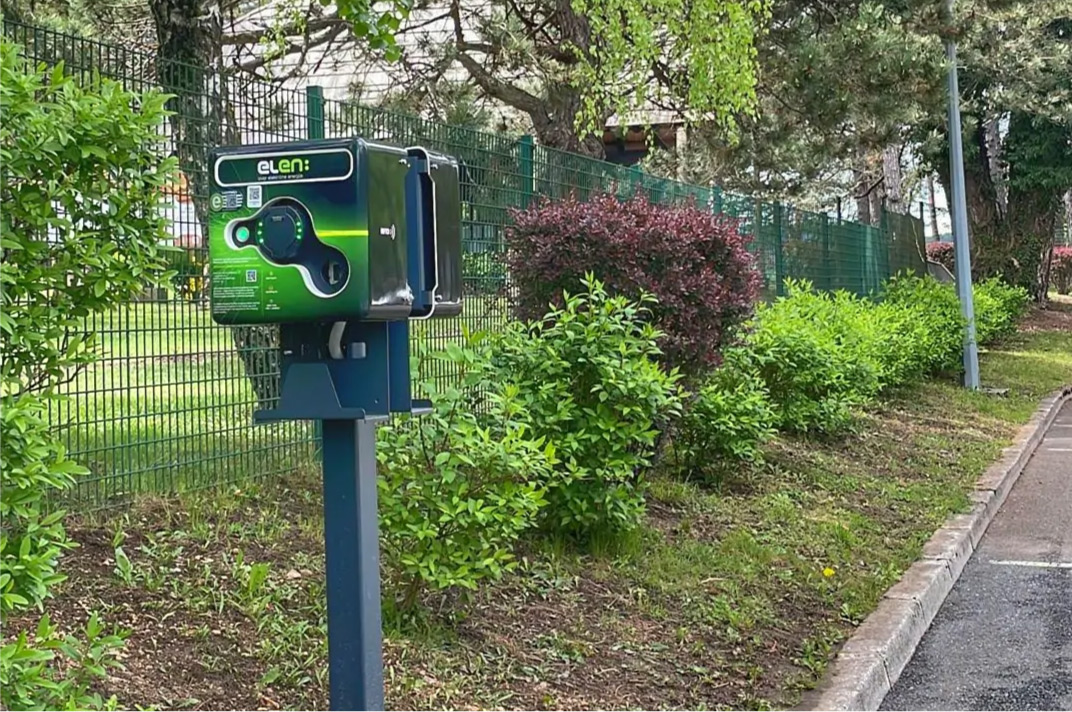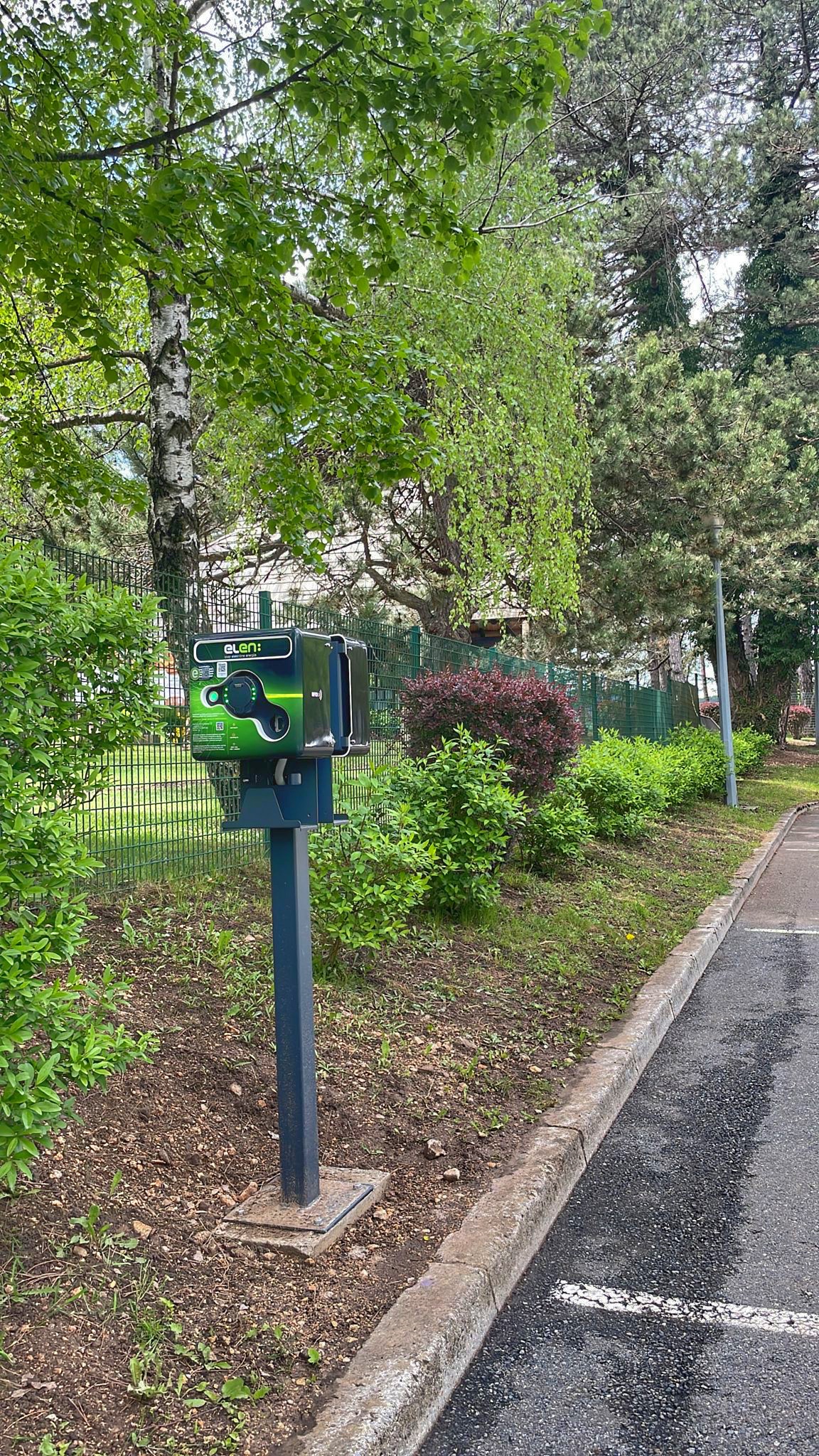If you plan on visiting Plitvice Lakes National Park, we’re here with a few suggestions on how to reach us while leaving the smallest carbon footprint possible. You can be sure that your choices help preserve the beautiful destinations you visit but also make up your contribution to nature conservation from the very first step you take when leaving your home.
- Bus routes from Zagreb, Karlovac, Zadar and Split to Plitvice Lakes have buses running frequently, especially during the summer season. You can always find information on these bus routes at the following links: www.akz.hr, www.getbybus.com/hr or www.flixbus.hr.
- Likaline local bus service is available in the Plitvice Lakes area and its surrounding region, covering the entire Lika-Senj County. Thanks to this service, you can explore the destination without using your own vehicle. You can view the timetable and purchase tickets at the following link: https://likaline.hr/.
- The railway network does not pass through the Plitvice Lakes municipality. Nevertheless, there are several major public transport junctions that you can reach by train: Zagreb, Karlovac and Split. You can find information on the railway routes at the following link: www.hzpp.hr. From these cities you can reach us by bus, rented car or taxi.
- If you choose to travel alone, in your own vehicle, the carbon footprint per person is higher than when you travel with more people, and it is recommended to use public transport. Of course, electric and hybrid vehicles have a lower impact on greenhouse gas emissions and the use of non-renewable energy sources.
- If you will be travelling in an electric vehicle, you can check the availability of charging stations across Croatia at the following links: https://elen.hep.hr/ and www.plugshare.com/hr. There are 13 charging stations with 14 charging points for electric vehicles available in Plitvice Lakes National Park, located at the following sites: Entrance 1, Hotel Jezero, and Borje Restaurant.
- If you will be arriving by plane, it is recommended to choose a direct flight or a flight with as few connections as possible, as more fuel is consumed when taking off and landing. We also suggest choosing economy seats, which take up less space on the aircraft.
- If you are travelling from nearby destinations, it is recommended to select other means of transport available and only travel by plane across larger distances.
- The weight of a transport vehicle has an impact on fuel consumption, so you can contribute to more sustainable travel by packing as lightly as possible.
- Before diving into planning your holiday, bear in mind that one longer holiday is more sustainable than multiple shorter trips.
It is small things like these that make a difference and will preserve beautiful destinations such as Plitvice Lakes National Park, both for us and for future generations.




